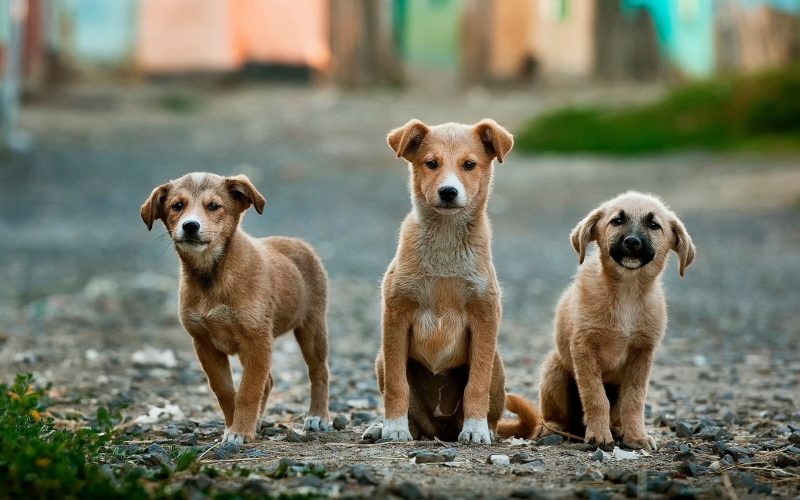West Kalimantan is battling to control a spike in rabies cases with reports in eight regencies increasing to 11 earlier this month, prompting warnings to avoid dogs in the area.
“The disease has been spreading from May. Up until now, the infected areas include Kapuas Hulu, Kubu Raya, Mempawah and North Kayong. We are especially concerned about the case in Kubu Raya since this regency is located next to the capital city of the province, Pontianak,” West Kalimantan Food, Husbandry and Animal Health Department Head Abdul Manaf said.
The local government has responded promptly, taking swift action in educating local communities in how the disease spreads and prevention methods, Manaf said. All animals suspected of suffering rabies are also being culled.
Manaf pointed to three factors which have seen the disease spread across West Kalimantan. Firstly, dog mating season results in more opportunities for contracting and spreading the disease. Secondly, wild dogs move into townships and villages during the hot, dry season looking for food and finally, dog traders often are unaware of the health status of the animals.
“We retrieved a lot of information saying that there are dog traders who are selling dogs from and to other villages or even regencies without knowing whether the dogs they’re selling are suffering from rabies or not,” Manaf said.
To help the province in overcoming the spreading disease of rabies, the central government has given West Kalimantan’s Food, Husbandry, and Animals’ Health Department additional funding of around Rp.700 million (US$52.556).
The funding will help train animal vaccine officers in the infected area while regional budgeting will support vaccines and other necessities.
Of the approximate 167,000 dogs across West Kalimantan, Manaf says only 53 percent are vaccinated.
“The minimum number to get a control over rabies is to at least vaccinate 70 percent of the potential population. Of course, it will be better if we can make it to 100 percent,” Manaf said.
While the local government is focusing on vaccinating dogs — particularly as 95 percent of cases of rabies in humans are caused by dog bites — other animals, such as apes, will also be treated to eradicate the disease.
Health professionals warn against interacting with wild animals especially in areas with known outbreaks of rabies.




